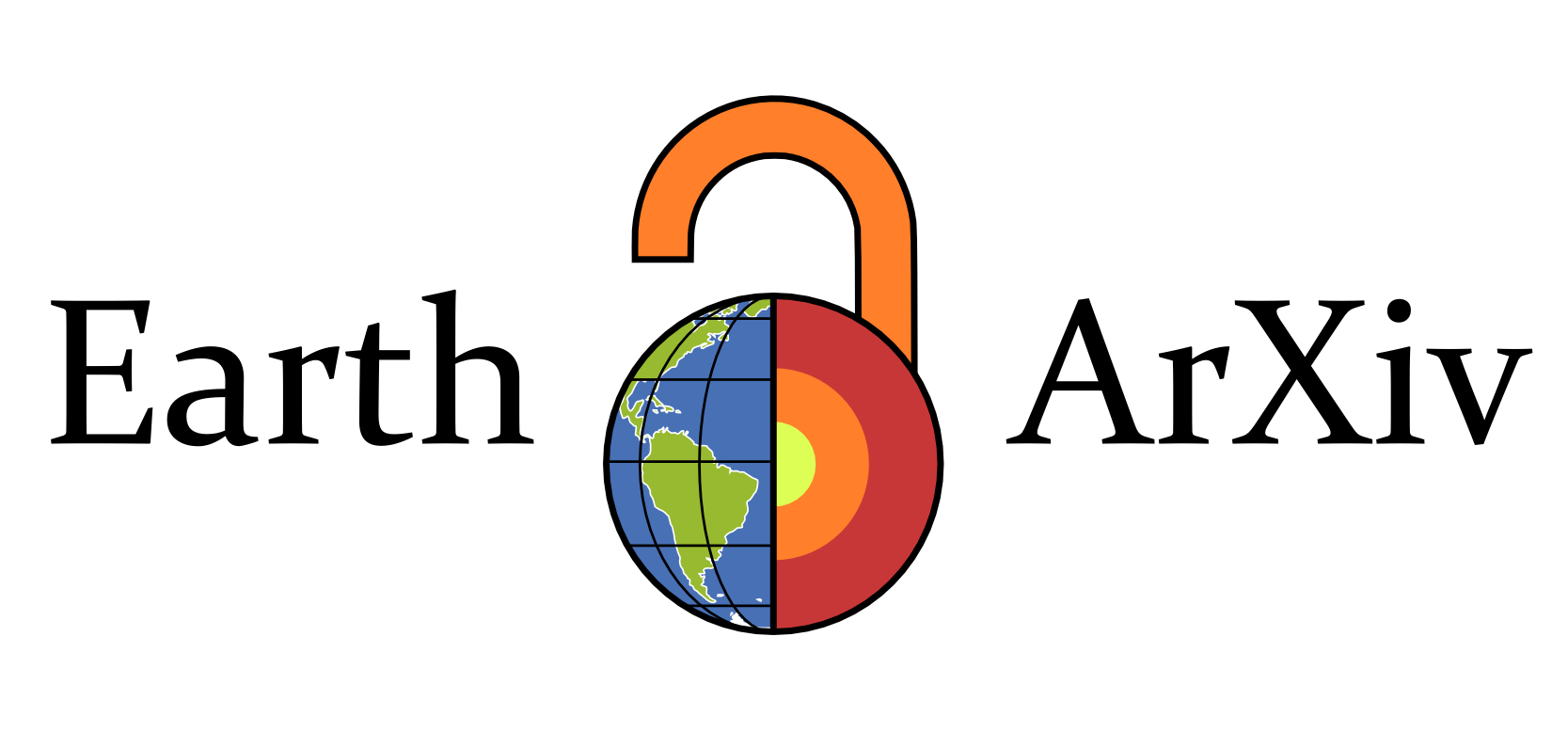
January 21, 2020
Center for Open Science
From: The Advisory Council of EarthArXiv
Re: EarthArXiv ending its partnership with COS July 21, 2020
Reply to: Tom Narock
On June 2, 2017, Matt Spitzer—the Community Manager of COS—made a bid to have EarthArXiv hosted on the OSF. In this talk, ESIP Pre-Print Cluster: First Telecon: OSF Pre-Print service description, he convinced EarthArXiv that COS would be responsible for the technical side and fundraising. He said that this would leave the volunteers of EarthArXiv to do what they could do best: bring open preprint services to the diverse domains of Earth Science, and spark the cultural changes needed to make preprints a part of the Earth Science research workflow. At that time, EarthArXiv volunteers were evaluating various platforms. We chose to partner with COS because of the promises COS made to support our preprint platform into the future.
Over the past two years, EarthArXiv volunteers have worked to bring preprint services into the Earth Sciences with talks at conferences, webinars, an active social media effort, and promotion among professional networks. At the same time, volunteers have curated submissions to EarthArXiv on the COS platform, engaging authorship teams and answering questions. The result is more than a thousand pre/post-prints currently available on the site.
Because of recent changes in the COS’s plans to financially support the preprint platform, the EarthArXiv advisory committee is coordinating the migration of EarthArXiv to an alternative platform with guaranteed long-term financial security. We regret that circumstances have made this decision necessary. We understand the financial needs inherent in running a preprint system. However, the model COS plans to implement is competitive - pitting preprint communities against each other for the same funding sources - and ignores the repeated concerns of the preprint community leadership. Additionally, the fee structure proposed by COS hinders growing servers and is especially damaging to preprint groups serving underrepresented and financially challenged communities. This does not align with our ethos of how EarthArXiv should operate.
We ask that COS work with us to make this transition as seamless as possible. We are eager that Earth scientists remain confident about the long-term stability of preprint services, the availability of their work on the web, and the durability of the DOI links they use. Scholars need to know that their preprints are secure, findable, and permanently hosted. Otherwise, the very idea of preprints as a viable way to disseminate knowledge quickly and without financial barriers is undermined: not only for our specific EarthArXiv community, but for all of them.
We kindly request the following from COS:
We appreciate that the Center for Open Science is dedicated to the future of open science, and that COS has its own funding needs and other plans to support the future of science. We wish you well in your future efforts. We hope that facilitating the smooth transition of EarthArXiv to a new hosting environment is one more way that COS can demonstrate its ongoing commitment to open science.
Sincerely,
EarthArXiv Advisory Council